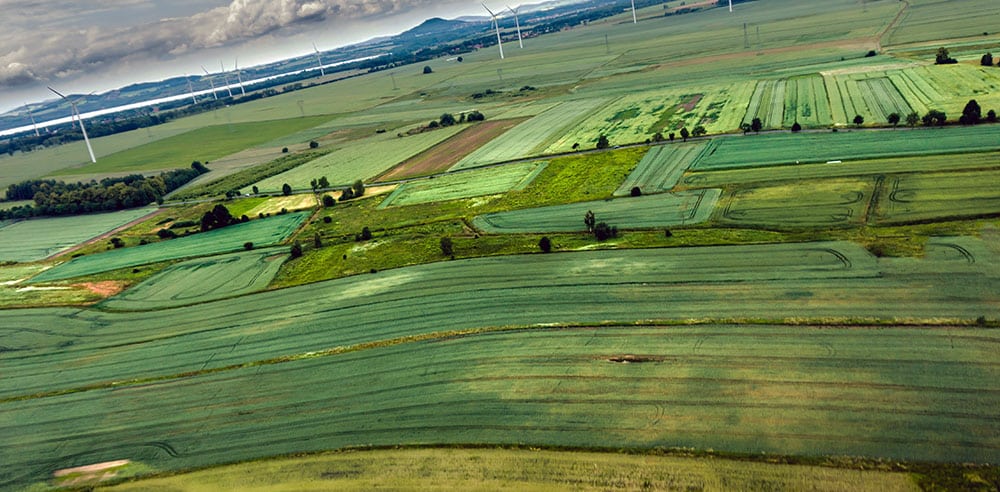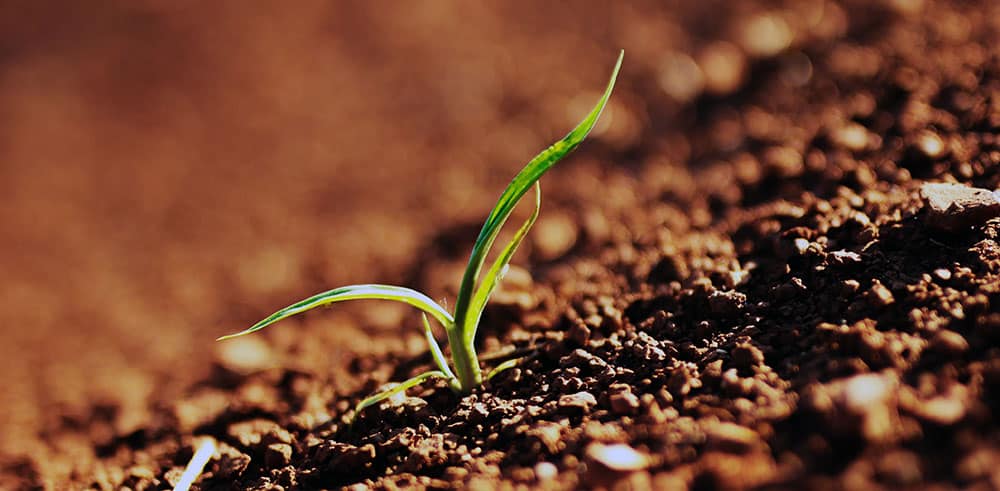How Tech is Impacting and Innovating the Way We Eat

Agrifood and Foodtech – the subsectors of tech that are changing society
Tech is so broad it encompasses a wide range of subsectors. The food and the wider agriculture sector is no exception. There have been remarkable inroads in spreading the innovation of tech in farming and all the way down the value chain to the consumer as far as getting access to food.
Many refer to agritech as the technology used to help solve problems in agriculture and farming practices, as well as in food production and distribution. This essentially helps produces more with less resources and not damaging the environment. Foodtech is often referred to as helping reduce food waste in the food value chain, from selection to packaging to distribution. From a commercial point of view, foodtech helps extend the shelf life of food. Foodtech also helps the food industry and its end users get better access to food and also information about it.
An important reason why innovation, with the help of tech, makes sense in the agriculture and food sector is food sustainability. According to the United Nations (UN), the world’s population is at 7.6 billion people and expected to reach shy of 10 billion by 2050 and 11.2 by 2100. With projected rapid growth of the world’s population, especially in emerging and developing economies, the world at some point will have to incorporate that as far as feeding future generations.
As arable land is not an unlimited supply, this requires the agriculture industry as a whole to find new ways to efficiently farm. This also means improving logistics in the food industry and all the way down to how consumers purchase their food and dispose of their food waste. According to an article published by McKinsey in 2015, food and agribusiness represents a $5 trillion industry, which is about 10 percent of global consumer spending, 40 percent of employment, and 30 percent of greenhouse-gas emissions.
In many aspects of the food value chain, technology is impacting and disrupting the way food and agri business is done. According to Luis Mulet, a London-based agritech expert, “Farming today involves the use of wireless technologies, GPS positioning and lasers to be more efficient. However, tomorrow’s farmers will be taking agriculture technology a bit further by using Big Data, robots, drones, and numerous other technological innovations.”
The food industry is changing, which is experiencing a very innovative and collaborative approach. For instance, in the UK, the government last year made an announcement to invest £68 million ($89.5 million USD) in three new Centres for Agricultural Innovation. These Centres for Agricultural Innovation are a new collaborative model between the agri-tech sector and government; at present the UK has 4 of them. One of those includes The Centre for Crop Health & Protection (CHAP), whose aim, according to their website, is designed to make sure that the knowledge and insight from the UK’s science base is translated into benefits for farmers, growers and the food industry both at home and abroad. Their partners are a cross collaboration between government, universities, the farming industry and others in the private sector, which includes the likes of global supermarket chain Tescos.

Globally, the industry is working together to improve the way they operate but also to foster agritech and foodtech. For example, the World Agri-Tech Innovation Summit, launched only in 2013, is held annually in London and San Francisco and, according to their website, is acclaimed as the most international gathering of agribusiness leaders, VC investors and agri-tech innovators.
It is not just farming and agriculture production that is making an impact in the food that the population are consuming. In addition, there are innovations in distribution, logistics, and helping food have longer shelf life in general, which help reduce food waste. For those in the industry there are many companies and startups globally who are impacting the industry and making tech help the agri industry as a whole be more efficient. For example, there is the Brazilian startup BovControl, which is a data collection and analysis tool to improve performance on meat, milk and genetics production. Also, there is a London-based technology company called Fresh4cast, which offers full-service business intelligence solutions for fresh produce.
With respect to the general population, tech has impacted food and the way we consume it. There are obvious answers, such as apps that have changed the way consumers order and review delivery options, for example, like Chicago-based GrubHub, UK headquartered Just East, Dutch based Takeway.com and German headquartered Hungry Hero. These apps have improved food delivery in the form of information, purchase, logistics and communication, which have significantly changed consumer habits of ordering delivery in their respective countries.
There are also other tech companies that are impacting the food industry in their respective ways. For example, there is UK-based OLIO, an app connecting people with their neighbors and with local shops so surplus food and other items can be shared and not thrown away. Also, there is California-based Tastemade, which connects people around the world through a passion for great food and travel.
The perfect ingredient would be a world where food is grown, produced, distributed, bought and disposed 100% efficiently. Although we are nowhere near there yet, thanks to the innovations in the agriculture and food industry, which have come in many ways from the advancements in tech, the world’s populations can start to create and implement changes that will overall help the global population. From a commercial point of view this will generally help with the bottom line as far as food production, distribution, and extended shelf-life. While from a consumer point of view, food can be more accessible and sustainable for the ever growing population. For now, cheers and bon appetit to the innovations agritech and foodtech are having on both our economies and societies.
Bring the best of the CEOWORLD magazine's global journalism to audiences in the United States and around the world. - Add CEOWORLD magazine to your Google News feed.
Follow CEOWORLD magazine headlines on: Google News, LinkedIn, Twitter, and Facebook.
Copyright 2025 The CEOWORLD magazine. All rights reserved. This material (and any extract from it) must not be copied, redistributed or placed on any website, without CEOWORLD magazine' prior written consent. For media queries, please contact: info@ceoworld.biz








